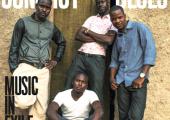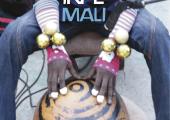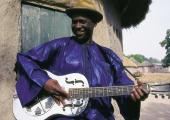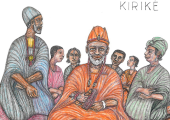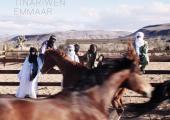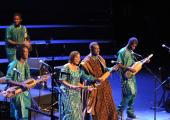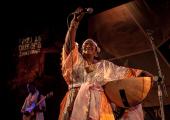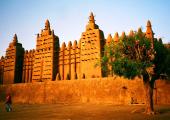KASSE MADY DIABETE, PURCELL ROOM, SOUTHBANK CENTRE Hypnotic acoustic Malian grooves for the closing day of the EFG London Jazz Festival
Hypnotic acoustic Malian grooves for the closing day of the EFG London Jazz Festival
Kassé Mady Diabaté is one of the great singers of West Africa, a member of Toumani Diabaté's Symmetric Orchestra and, more recently, the Afrocubism all-star line-up. His latest album Kiriké (Horse’s Saddle) on the Parisian No Format label is a beautiful return to his acoustic, traditional roots as a singer, produced by French cellist Vincent Segal and featuring kora maestro Ballaké Sissoko, Lansiné Kouyaté on balafon and Makan Tounkara on ngoni, conjuring up the spirits and messages of centuries-old Bambara songs of the ancient Manding Empire. This music runs deep.


